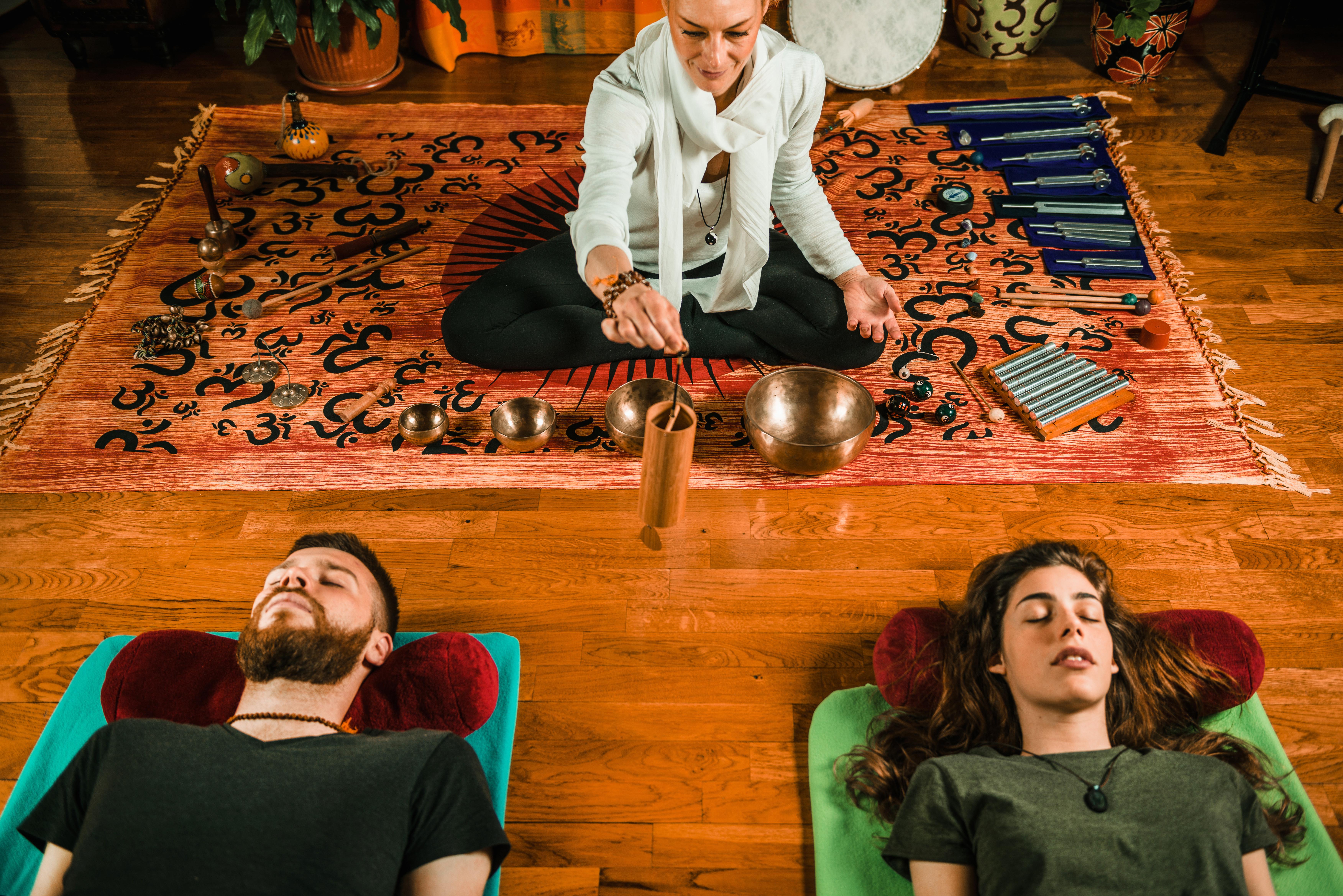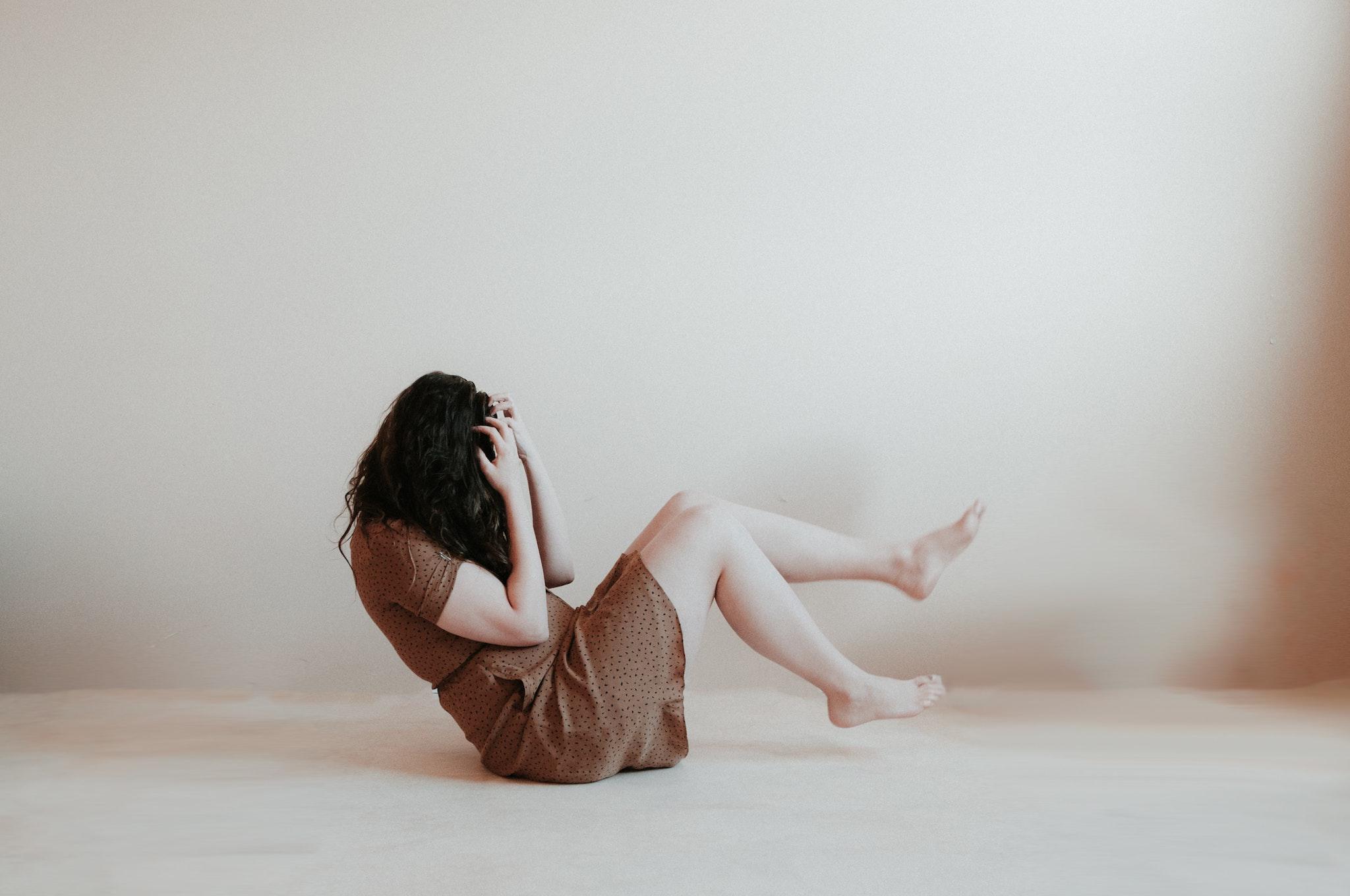anxiety
Research has shown the benefits of mindfulness, but the current mindfulness craze cannot deliver on its overhyped promises.
Anxiety can be good or bad. It turns out that it’s really up to you.
The treatment is here, but are we ready?
How imagining the worst case scenario can help calm anxiety.
Children with pre-existing mental health issues thrived during the early phase of the pandemic.
Intrinsic religiosity has a protective effect against depression symptoms.
New study suggests the placebo effect can be as powerful as microdosing LSD.
And if they could, would they care, asks philosopher John Gray in his new book.
New studies show that some people can hear and respond to questions while dreaming.
Did America’s collective mental health get worse (and then better) after the first COVID-19 lockdown?
Workaholism is perhaps the most socially accepted addiction, but a new paper shines light on the serious health risks that accompany it along with which occupations are most at risk.
Nihilism is not a choice or intellectual commitment, but a feeling that simply arrives.
An excessive focus on past failures can make learning about new situtations more difficult.
A new study shows that the top rap songs in the U.S. are making increasingly frequent references to depression and suicidal thoughts.
There is a lot we don’t know about psychedelics, but what we do know makes them extremely important.
▸
20 min
—
with
Psychedelic therapy will become legal in Oregon in 2023. That’s thanks largely to a renaissance of psychedelic research that’s changing attitudes on the substances’ medical potential.
Textual analysis of social media posts finds users’ anxiety and suicide-risk levels are rising, among other negative trends.
Social media seems to stress some people out. Maybe its time for a break?
The study sheds new light on the relationship between sleep and mental health.
Noise pollution is terrible for our health, yet we don’t discuss it often enough.
A new survey also found that women executives believe imposter syndrome to be common among women in corporate America.
There has been a dramatic increase in abuse and misuse.
The results of this study showed depressive symptoms being highest in adolescence, declining in early adulthood and then climbing back up again into one’s early 30s.
Americans lose an estimated 321 million work days every year due to anxiety and depression.
New research conducted on mice suggests repeated heavy drinking causes synaptic dysfunctions that lead to anxiety.
Are you mentally exhausted? Here’s how to tell (and what to do about it).
UNC School of Medicine researchers identified the amino acid responsible for the trip.
A team at the University of Basel discovered a connection between antidepressants and REM sleep.
Psychedelics are going mainstream. Here’s your reading list.





























